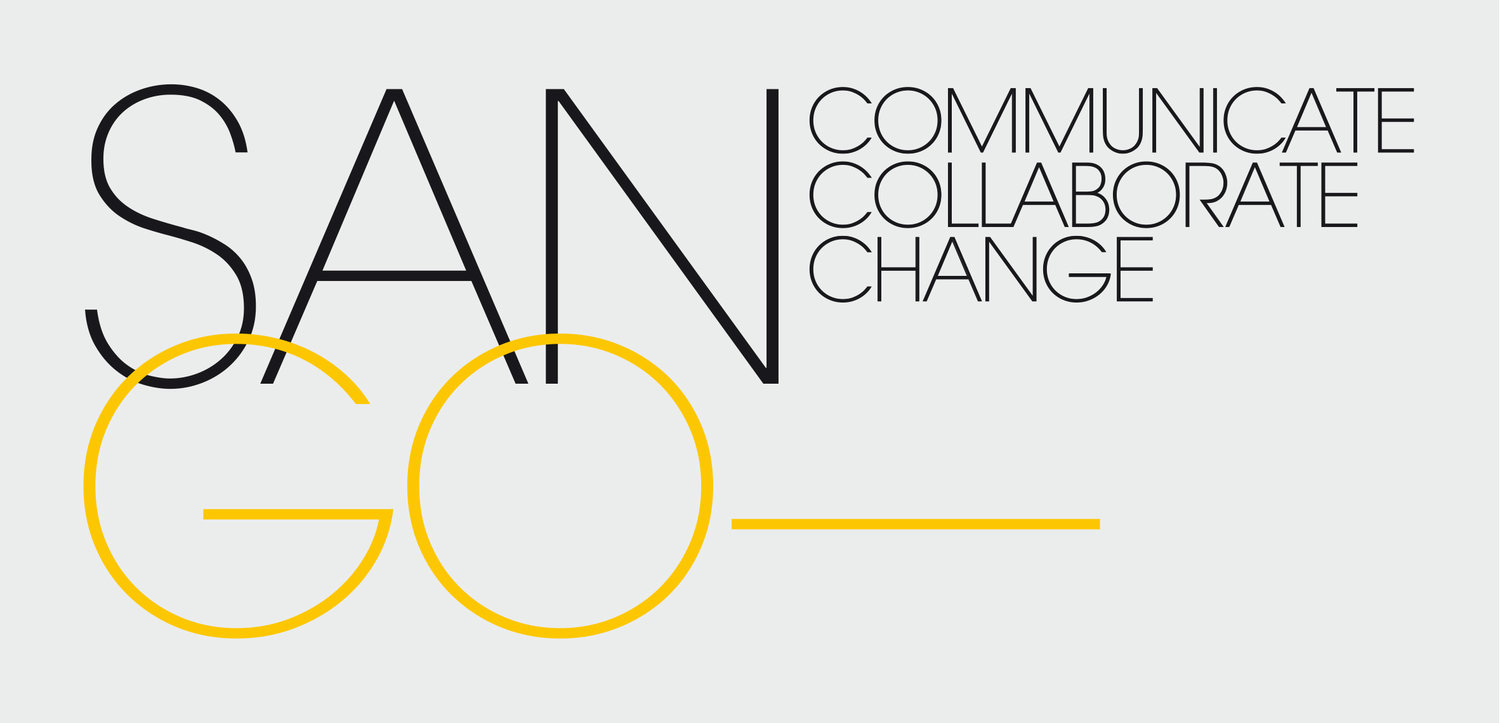Systems thinking has been around for a while in the private and public sectors, and surely it’s time has come in the charity sector. Before we go any further, let’s be clear about what systems thinking means.
In its simplest sense, it means looking at the organisation as a whole system, rather than considering the individual parts. The latter, often called ‘silo thinking’, is rife in charities. Silo thinking leads to endless failure in the organisation as a whole, even if it results in some ‘successful’ parts of the system. This is often played out in the income generation versus service delivery debate, where the former is seen as a success but it can be at the cost of the latter – for example, when fundraisers want to use the most emotive images, even if these are not necessarily conducive to getting audiences to fully understand the reality of service delivery.
A simple way to get into systems thinking is to consider the demand on the system from customers, and how much of that demand is failure driven versus value driven. Value driven means that the interaction has an impact for the service user / donor or the charity; failure driven, such as redelivering faulty services, costs the charity time and money and adds nothing for the service user or donor.
Recently I spoke to the head of a sales team in a private sector organisation. He said he spent 25% of his time actually selling or coaching others to sell. Basically, he was spending three quarters of his time doing things which were not generating value for the company. When he had been doing a similar job for a competitor, this ratio was reversed. Why? Because the previous employer better understood how to change the system through allocating resources from elsewhere (such as moving across administration to do some of the simpler but time consuming tasks) to better utilise the sales leader’s skills.
What often drives silo thinking in charities is the competitive bear pit nature of Senior Management Teams, with each head of a particular silo fighting their corner. Often the only person in that room with an overview and remit for the whole organisation is the Chief Executive, who spends their time building alliances and cajoling SMT members to accept compromises which may affect their particular ‘silo’.
One solution to this could be to have executive decision making teams consisting solely of people with a remit to think systems wide, rather than being in charge of one part of the system. Decisions could be made on a more rationally objective business case basis, rather than based on subjective feelings and the power of personality alone. This may sound revolutionary but something needs to change if charities want to be more than the sum of the parts.
Steve Morley is Managing Director of strategy house Sango Consulting. He spent ten years working in campaigns, marketing and communications for big NGOs, before setting up his own consultancy in 2006. He has since worked in over fifty organisations across all sectors.
For more information call 07903 541124, email steve@sangoconsulting.co.uk or visit www.sangoconsulting.co.uk.


